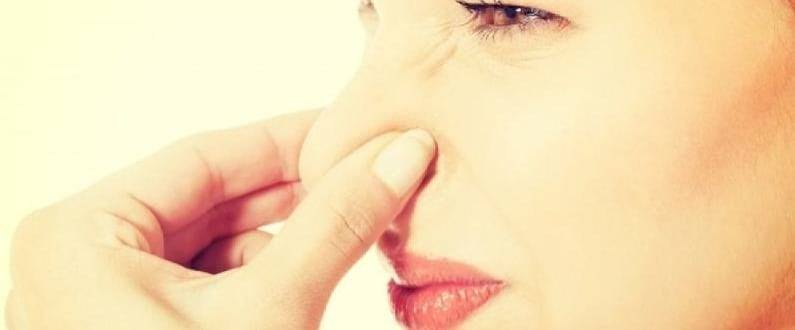
The unpleasant odor in our body is caused by the bacteria that live on the skin and break down proteins into certain acids and is called bromidrosis. The unpleasant smell of teenagers
Bromhidrosis occurs when a person reaches puberty at 14-16 years of age in females and 15-17 years of age in males. Obese people, those who regularly eat spicy foods, or take certain medications as well as people with certain medical conditions are more prone.
People, especially teenagers with hyperhidrosis, may also experience this phenomenon more frequently. This is because at this age the hormonal profile begins to change, especially the androgens that contribute to the development of bromhidrosis.
Also teenagers who play sports, wear sports shoes and sports clothes where most of them are synthetic and because they sweat more this contributes to the growth of bacteria and bad smell. Bad smell is more likely to occur in our feet, armpits, genitals, navel, anus and behind the ears.
The unpleasant smell of teenagers
Propionibacteria live in sebaceous ducts glands and in teenagers they overwork giving a somewhat sour smell. Staphylococcus epidermidis can give a smell which is also present in several types of cheese.
There are two types of sweat glands in the human body, eccrine and apocrine glands.
Eccrine sweat glands are found all over the surface of the skin and regulate body temperature, and apocrine sweat glands are mainly found in areas of the body where hair is present (eg armpits and genitals) and release chemicals with a characteristic smell, the pheromones.
Bromidrosa manifests itself during puberty, as the apocrine glands develop at this stage of life. Bromhidrosis affects men more often, as they produce larger amounts of sweat compared to women. The most basic step in dealing with bromhidrosis is to remove the bacteria from the areas of the body that produce the largest amounts of sweat.
Therapeutically, we recommend avoiding all the above factors that cause bromideros along with washing the area with soap.
Dr. Katerina Lambrinopoulou
Dermatologist-Venoretologist
Article from www.eumedline.eu
